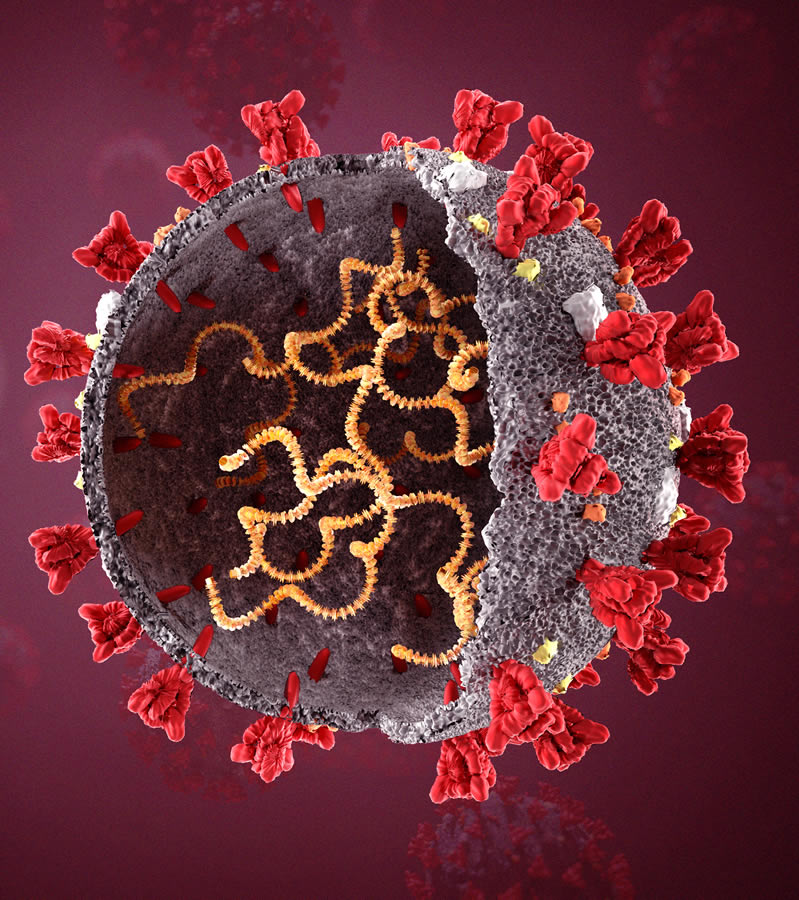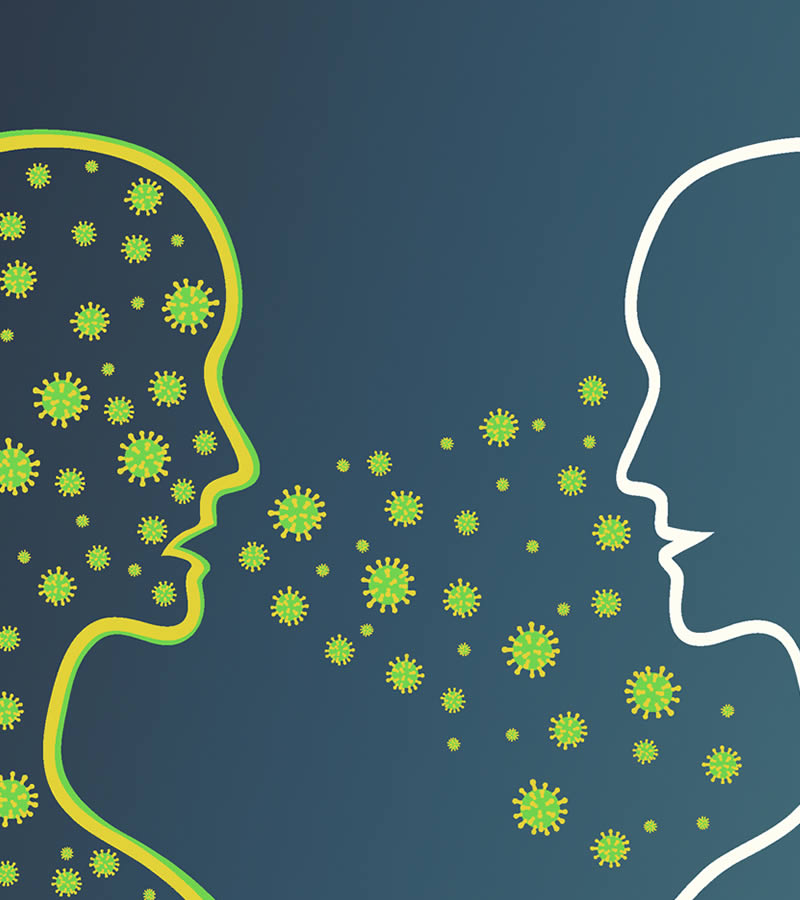The Delta variant originally found in India is estimated to be 60% more contagious than U.K. alpha variant, which recently caused 70% of COVID-19 cases in Arizona. Arizona Public Health Association Executive Director Will Humble said experts “expect that the Delta variant will be dominant by mid-to-late summer in Arizona.”
The Delta B.1.617 variant contains the 452R mutation, which has been associated with increased transmissibility, infectivity, and potentially impacts effectiveness of some clinical treatments.
Research indicates the Pfizer and Moderna vaccines provide 88% protection against the Delta variant, but only with both doses. A single dose is only about 33% effective against the delta variant.

The Unvaccinated
In Australia, where lockdowns have been enforced in three large cities due to sequencing detection of the Delta variant, security cameras documented a brief encounter of two people passing each other in a shopping mall; one of them was unknowingly infected. The shoppers were facing each other at one point and breathed each other’s air for only seconds, which led to the second person getting infected. While such a brief encounter typically wouldn’t lead to transmission, the case signaled how important it is that people get vaccinated before the Delta variant spreads further.
Vaccinations and Masks
For the unvaccinated, the Delta variant presents a highly transmissible threat and public health experts are stressing the importance of getting vaccinated. Highly populated areas, like Los Angeles County, are issuing mask recommendations once again as a precaution.

Arizona’s Vaccination Rate
Arizona’s rate of vaccination remains below the national average, with about 39% or approximately 3 million Arizonans have been fully vaccinated. 3,554,332 million people in the state have received at least one dose of the vaccine, meaning about 48.8% of Arizonans are at least partially vaccinated.
COVID-19 vaccination appointments across the state can be found on the ADHS vaccine patient portal.






